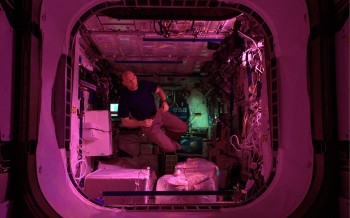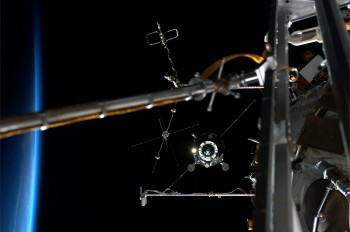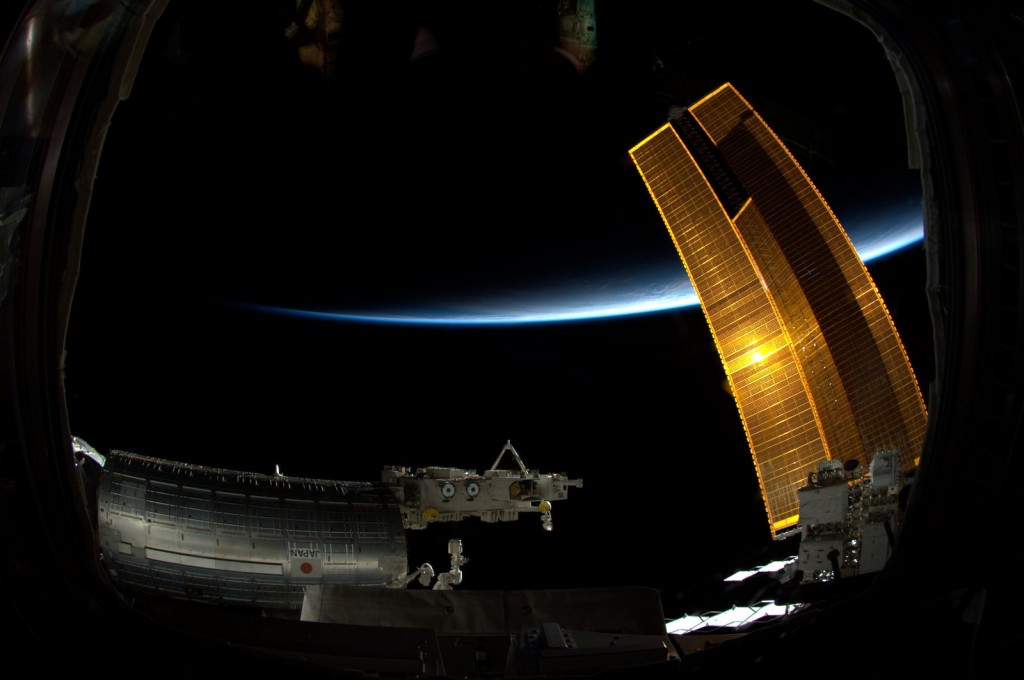At Columbus Control Centre we are responsible for day-to-day operations for the Blue Dot mission. This includes maintaining the International Space Station, planning for visiting and departing spacecraft, programming scientific experiments, and making sure public events go smoothly. Planning all these activities is a constant struggle of fitting in everyone’s needs while making sure Alexander and the other astronauts have the time and knowledge to perform well.
A mantra we live by at the control centre is “expect the unexpected and be flexible”. Things change all the time. An example of being flexible is the next spacecraft to visit the Space Station Cygnus’ Orbital-2 was planned to arrive this month but has been was delayed to no earlier than July after an engine failed in routine testing. This delay has a knock-on effect for many activities as you can imagine.
In the “unexpected category” came the detection of a small amount of smoke on the International Space Station on Tuesday. Expedition 40 Commander and NASA astronaut Steve Swanson reported that the smoke quickly blew away and the astronauts were not in any danger. Russian flight controllers working with the crew identified the most likely source to be a water heater in the Russian Zvezda module used for dining. The crew deactivated the device and set up a fan to filter and clear the smoke while checking the atmosphere for any toxic effects. The smoke was alarming but the crew are in no danger and all operations are continuing as normal.
The first weeks of an astronaut on the International Space Station are often spent doing human research (on themselves). Scientists on Earth want to get data on how their bodies react to microgravity as soon as possible, it is a matter of planning to get all the data to the researchers as they need it. Last week Alexander did many experiments for our Japanese and American colleagues at JAXA and NASA. This week he will be working on ESA’s Circadian rhythms experiment and Skin-B that will look at sleeping patterns and astronaut skin respectively.
Some experiments we can run on Earth without the help from the astronaut crew above us. We are running FASTER and FASES experiments this week from Earth that will look at emulsions in space to understand them better on Earth.
In addition to all of these factors we also have to deal with space debris or space weather. If the sun is very active or something is coming towards the International Space Station we need to adapt our operations or even move the Station slightly. Luckily these events are rare and nothing like this happened this week!







Discussion: no comments